



HomeRRRRResearchRRRRTeachingRRRR
Seminar-Quantum Information (QI)
M

Quantum experiments with entangled photons won the 2022 Nobel Prize in physics
While there are no doubts about the success of quantum mechanics in explaining many of the problems concerning various topics, it is nowadays still an open theory with several challenges. Therefore, the overarching goal of many research groups is to understand how quantum physics can be exploited to develop new technologies that are otherwise impossible. In our seminar, we aim to have a productive discussion time on Quantum Information.
The general picture is as follows:
-We have two sets of papers, Set I and Set II. Our time will also be divided into Part I and Part II.
Part I:
*) I will spend two sessions explaining the basics.
*) We both will read the papers of Set I. However, I will present the papers with details in our third and fourth sessions.
*) I will give a talk about the Set I papers, similar to the talk you should present at the end of the semester.
Part II:
*) After session 3, you should know what paper of set II you want to pick for your presentation.
*) Starting from session 6, you will entirely focus on reading your paper.
*) You start to prepare your essay, which should be 7 to 10 pages. It should be in the style of a scientific paper. If you like, you can use https://www.overleaf.com.
*) You also start preparing your presentation that will be held at the end of the semester (time and date will be decided later). Your talk is planned for one hour, which is 45 minutes for your presentation and 15 minutes for questions. Note that you will present your topic to all seminar participants and the supervisor.
Set I:
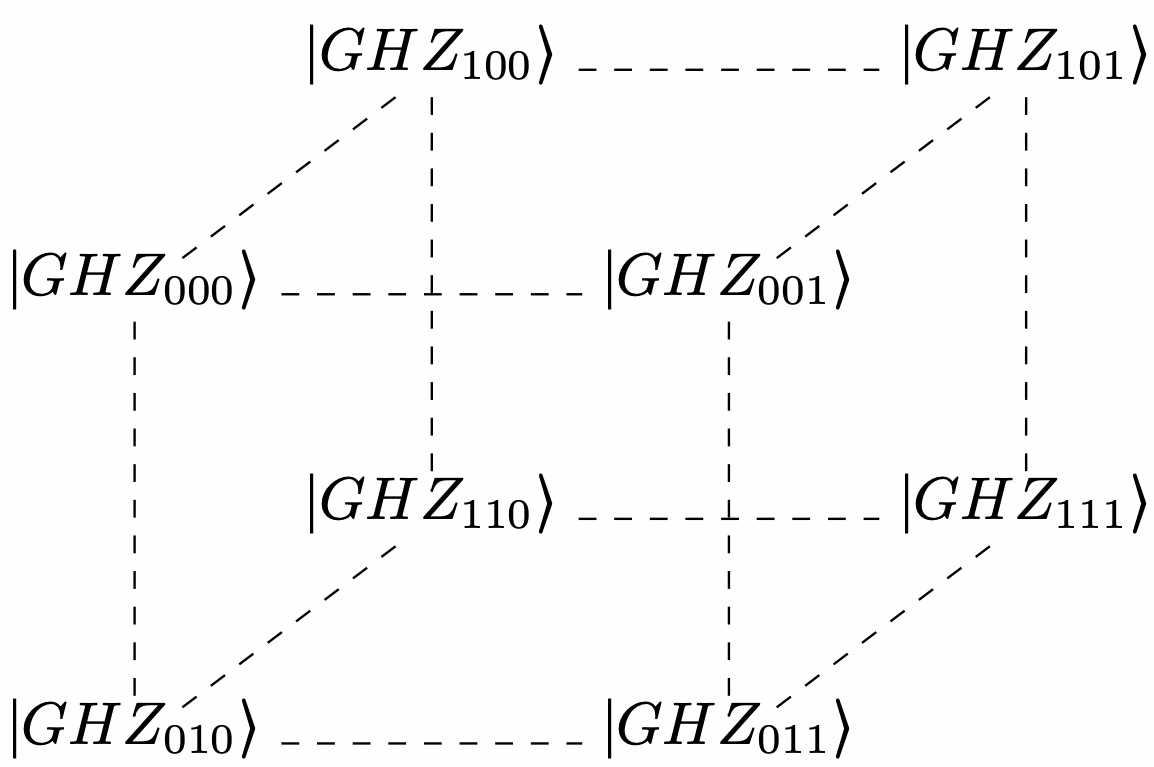 Genuinely
multipartite entangled states and orthogonal arrays
Genuinely
multipartite entangled states and orthogonal arrays
Dardo Goyeneche, Karol Zyczkowski
Phys. Rev. A 90, 022316 (2014)
E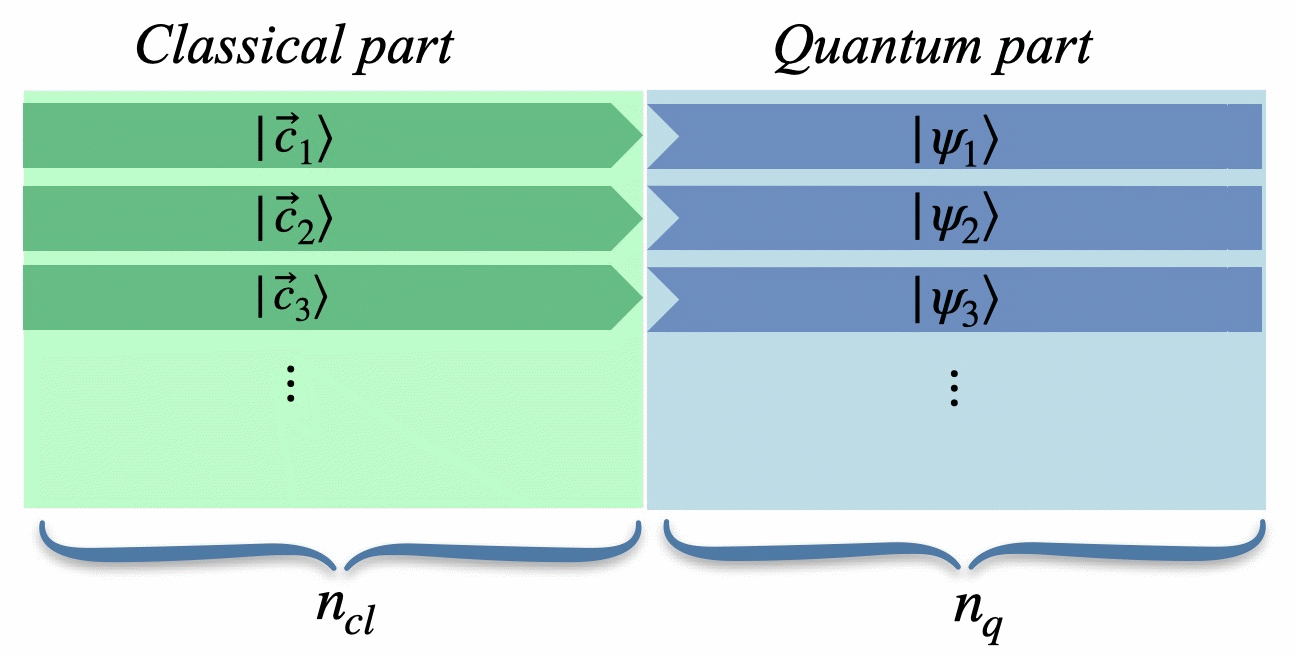 ntanglement
and quantum combinatorial designs
ntanglement
and quantum combinatorial designs
Dardo Goyeneche, Zahra Raissi, Sara Di Martino, Karol Zyczkowski
Phys. Rev. A 97, 062326 (2018)
Having access to an entangled state enables quantum information processing tasks that cannot be achieved classically, such as teleportation, quantum computing, quantum error correction, and quantum networks. Many of these applications require generating multi-entangled resource states upfront. However, despite their importance, we are still far from a complete understanding of multipartite entangled quantum states. Among the sets of entangled states, a special class called Absolutely Maximally Entangled (AME) states has attracted the attention of a wide range of quantum applications like many-body teleportation, quantum networks, quantum error correcting codes, etc. By reading these two papers, we will discuss classical and quantum methods for constructing AME states.
Set II:
Here you can find some interested papers in this area. Please note that you can also suggest papers.
H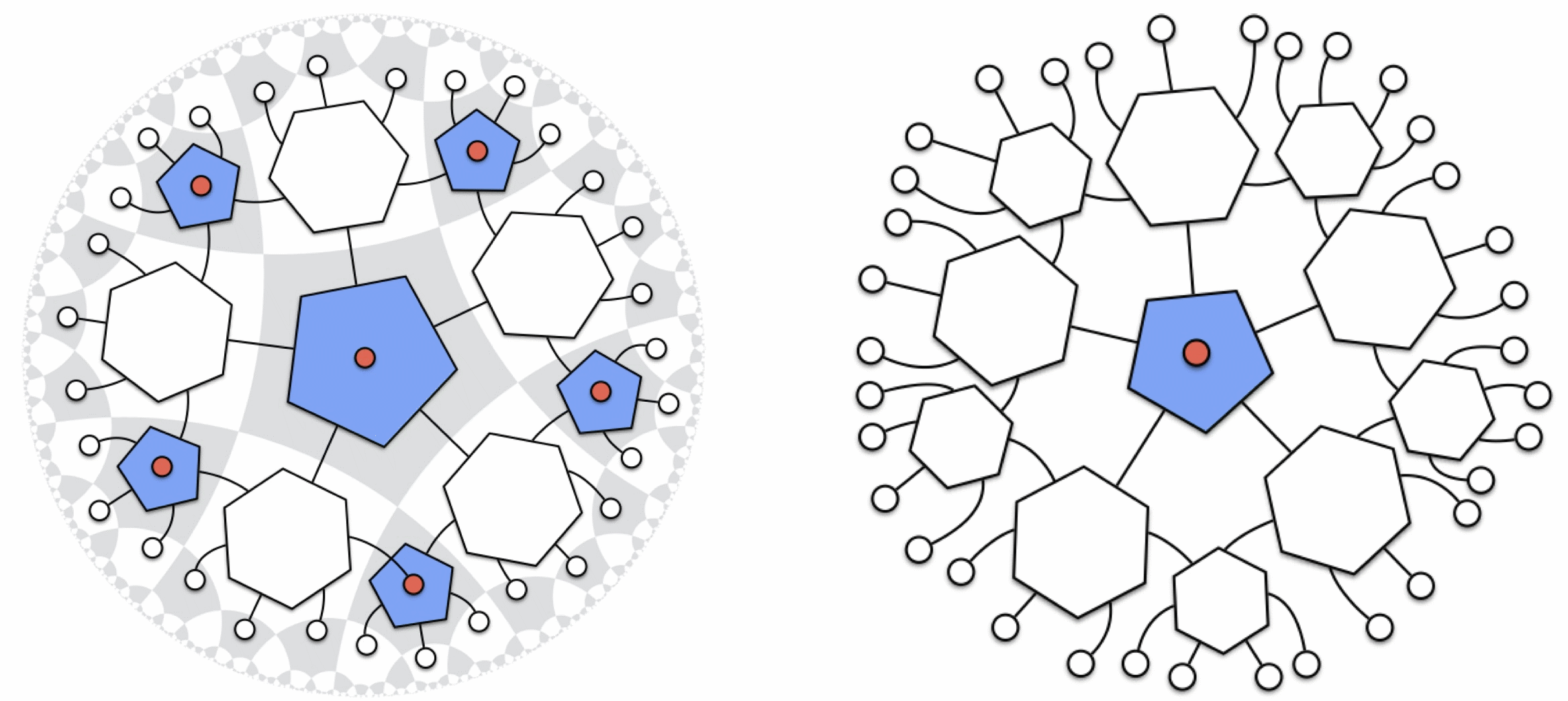 olographic
quantum error-correcting codes: Toy models for the bulk/boundary
correspondence
olographic
quantum error-correcting codes: Toy models for the bulk/boundary
correspondence
Fernando Pastawski, Beni Yoshida, Daniel Harlow and John Preskill
JHEP 06 (2015) 149
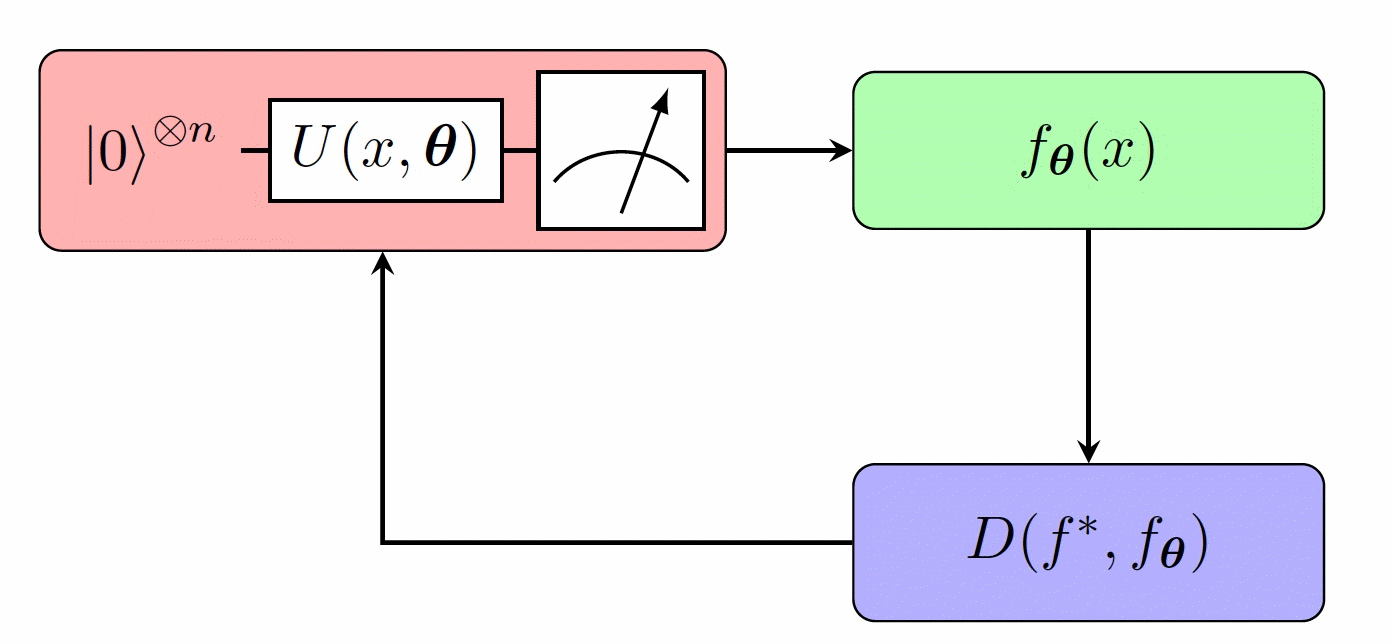 Parametrized
Quantum Circuits and their approximation capacities in the context of
quantum machine learning
Parametrized
Quantum Circuits and their approximation capacities in the context of
quantum machine learning
Alberto Manzano, David Dechant, Jordi Tura, and Vedran Dunjko
l anMaximal
intrinsic randomness of a quantum state
anMaximal
intrinsic randomness of a quantum state
lanShuyang Meng, Fionnuala Curran, Gabriel Senno, Victoria J. Wright, Mate Farkas, lanValerio Scarani, and Antonio Acin
l anEntanglement of pure states for a single copy
anEntanglement of pure states for a single copy
LanGuifre Vidal
LanPhys.Rev.Lett. 83 (1999) 1046-1049
lllllllllllllllllllllllllllllllllllllllllllllllllllllllllllllllllllllllllarXiv:quant-ph/9902033
L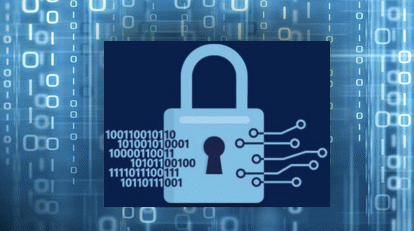 anHow to share a quantum secret
anHow to share a quantum secret
LanRichard Cleve, Daniel Gottesman, Hoi-Kwong Lo
LanPhys. Rev. Lett. 83 (1999) 648-651
L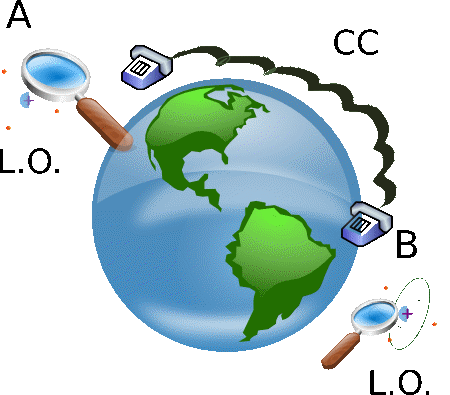 anLocal Transformations of Multiple Multipartite States
anLocal Transformations of Multiple Multipartite States
LanAntoine Neven, David Gunn, Martin Hebenstreit, Barbara Kraus
LanSciPost Phys. 11, 042 (2021)
Essay
Your essay should be 7 to 10 pages. It should be in the style of a scientific paper. If you like, you can use https://www.overleaf.com and share it with me (z.raissi2@gmail.com) to get comments and feedback before handing in the final version.
Talk
Your talk is planned for 45 minutes, and then we will consider 15 minutes for questions (in total, you will have one hour).